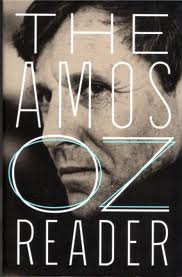Paid Summer Internship at Tablet
“Tablet is hiring one paid, full-time summer editorial intern. If you have experience in journalism and are familiar with the landscape of American Jewish life, we’d love to hear from you.
Interns will contribute blog posts and full features as well as assist the editorial staff with research and administrative tasks. The summer internship runs from Memorial Day through Labor Day at our offices in New York City.”
More info here. Application deadline: March 21.

